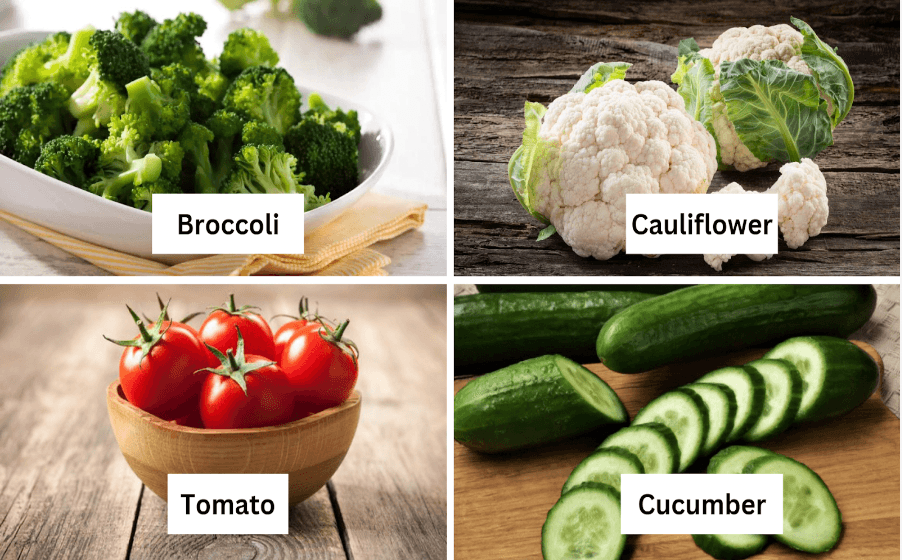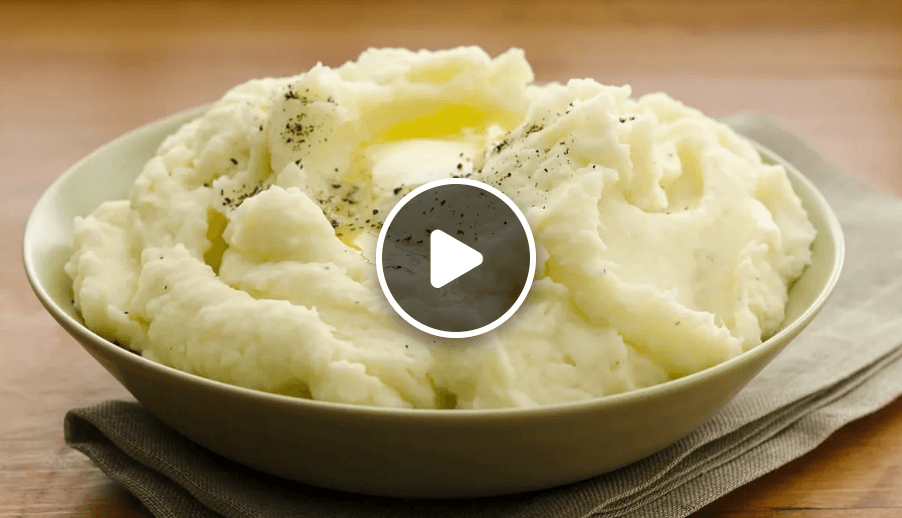Why Ultra-Processed Foods Cause Weight Gain
Recent research by Kevin Hall at the National Institutes of Health (NIH) has shed light on how ultra-processed foods may influence eating behaviors and weight gain. His work suggests that despite similar palatability, individuals tend to consume more and gain weight while eating ultra-processed foods compared to whole foods.
In Hall's meticulous study, participants were hospitalized to control for dietary intake. Two diets were prepared: one consisting of ultra-processed foods like packaged macaroni and cheese with bacon, and the other of minimally processed foods like salmon with vegetables. Both sets of foods were rated equally palatable by independent evaluators.
Participants initially ate either category of food ad libitum for several weeks, after which the diets were switched. The study found that individuals consumed a greater quantity of ultra-processed foods, resulting in weight gain. Conversely, when switched to whole foods, participants tended to lose weight.
Several hypotheses were proposed for why ultra-processed foods might encourage overeating. These foods are often designed to optimize the balance of fats, sugars, and proteins, leading to increased consumption. Additionally, whole foods are less energy-dense, resulting in larger portions for the same calorie content. This higher volume can regulate food intake by triggering satiety signals through increased physical volume.
- Sensory specific satiety encourages varied diets naturally, reducing overconsumption.
- Learning links flavors to nutrient content, aiding intelligent dietary choices.
The complex blending of macronutrients in these foods poses challenges for neural circuits, possibly interfering with an organism’s energy regulation processes. The brain and gut neurons track macronutrient content—essential amino acids, fatty acids, and glycogen levels—to manage energy intake efficiently.
Anecdotal evidence from individuals simplifying their diets by focusing on proteins and vegetables reflects significant weight loss and a change in food perception. This change hints at the potential for adaptable brain responses when the complexity of ultra-processed foods is reduced, possibly fostering healthier eating patterns.
Individuals often report that after a period on simpler diets, they develop a distaste for previously craved ultra-processed snacks, suggesting a recalibration of taste and craving mechanisms. Simplifying diets not only aids in recognizing nutritional content but also aligns eating behavior more closely with physiological needs.
From Around The Web
Wellness Inbox is a blog & weekly newsletter that curates trending news and products related to health and wellness from around the web. We also gather content from various sources, including leading health professionals, and deliver it directly to you.
Please note that we may receive compensation if you purchase any products featured in our newsletter. Wellness Inbox is not affiliated with, nor does it endorse, any health professionals whose content may appear in our newsletter. The information provided is for general informational purposes only and should not be considered medical advice.
The information provided is not intended to replace professional medical advice, diagnosis, or treatment. All content, including text, graphics, images, and information available is for general informational purposes only. We do not guarantee the accuracy or completeness of any information presented and assume no liability for any errors or omissions. The content is subject to change without notice. We encourage you to verify any information with other reliable sources and consult your physician regarding any medical conditions or treatments.







